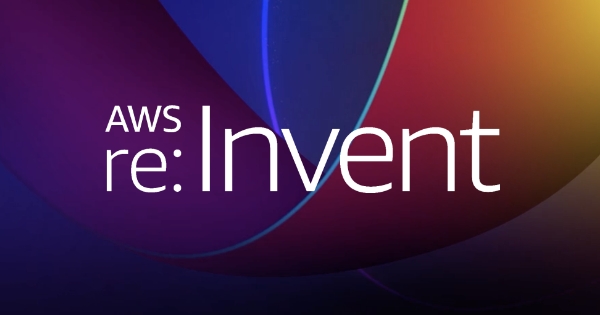Is Facebook’s new cryptocurrency Libra good news?

On June 18th, Facebook announced the creation of Libra, the cryptocurrency sponsored by the social networking giant. Along with the announcement came plenty of promises, such as offering everyone – including the least developed countries – access to the financial system. Is this a pipe dream or is it possible? As things stand, it’s hard not to be cynical about Mark Zuckerberg’s holier-than-thou pledges. So far, Facebook hasn’t shown much sincerity or transparency in how it operates. Meanwhile, financial experts are concerned that there are numerous technical and political risks associated with any failures. So let’s take stock.
The more time that goes by, the further we seem from the dream of the web and the promises sold to us as it emerged in the 1990s. We were offered access to information for all, free software, Creative Commons licenses so we could share our creations with complete peace of mind … Even if these advances are now concrete, the web has taken a general turn that’s a lot less philanthropic.
Transformed into a commercial gallery by large retailers (mainly Amazon), used as a tool for propaganda, manipulation and the proliferation of “fake news” (thanks to social networks like Facebook), today’s web has all the nasty tricks of a totalitarian regime. Our smallest actions and deeds are watched, stored, dissected and analysed. Our personal data is now a valuable product, traded at prices higher than gold or oil, and studying it helps to shape public opinion (as demonstrated by the actions of Cambridge Analytica).

Money, money, money!
Against this backdrop, Facebook (the source of many of the ills of the global internet) announced this new cryptocurrency, scheduled to be launched publicly early in 2020. Looking at the company’s white paper, the Libra (which owes its name to an ancient Roman unit of weight) looks like an open-source digital currency, fully secured by real capital (in other words, in real money). It will be managed by the Libra Association, an independent, non-profit consortium based in Geneva and composed of various institutions: financial (Visa and Mastercard), commercial (Uber and Spotify), non-governmental and academic bodies. All will all have the same voting rights as Facebook, apparently. The initiative currently includes 28 entities but should quickly expand to around 100.
At first glance, this new currency has undeniable advantages: it will simplify money transfers (done via Messenger and WhatsApp, then via a dedicated application). It will work super-fast (Facebook claims it will run 1000 transactions per second, compared with 7 for Bitcoin). It will globalise the financial system (protecting against rampant inflation). But, actually, the stakes are highest for Facebook itself: the company, which has access to 2.4 billion users, could see its currency take off in a massive way and give it unprecedented power.

The all-knowing Zucky
Among the concerns raised by many international watchdogs and financial experts, are the potential impact on the global financial market and the risks related to “mixing genres”. Aggregating personal and financial data would put Facebook in a position of dominance unprecedented in the field of personal data. This would allow it to refine its profiling even more, with all the associated risks of slip-ups. It has not yet bothered to tell us whether Libra could interact with other cryptocurrency portfolios either – even though this is crucial to ensure there is a form of competition to Zuckerberg’s “monster”.
The other concern is around the transparency that is required to manage a new currency. Facebook hasn’t exactly been a shining example in this respect and the advent of Libra raises, quite rightly, a certain amount of apprehension. In addition, the other companies involved in the initiative are no saints when it comes to respecting our privacy or leading the way in moral righteousness. If there is one lesson to be learned from the emergence of Bitcoin, it is that it has strengthened a parallel economy that always used cash – particularly the arms, drugs, and prostitution mafia. Libra promises to provide greater transparency about all transactions, forcing portfolio holders to identify themselves by name. So, actually, the real danger is in how states exercise their control over how we use this new currency, and the limitations they’ll undoubtedly seek to impose, as they do with cash today.

The fat hits the fire
A virtual currency controlled by amoral corporations has to be cause for concern. In fact, the announcement has already led to several strong reactions, which suggest the new cryptocurrency will have a difficult start. The European Union has launched several investigations into the Libra, notably on the grounds of “potentially anti-competitive behaviour”, but also to gauge whether the initiative could pose a real threat to the entire planet’s financial stability.
Meanwhile, several founding members of the association are already looking to jump ship, apparently wanting to distance themselves from the outcry. Behind the scenes, there are also rumours that Facebook is put out by the lack of general support from investors from the very beginning. Is the Libra already in danger? One thing is certain: Facebook must still be weighing up the odds of success.





